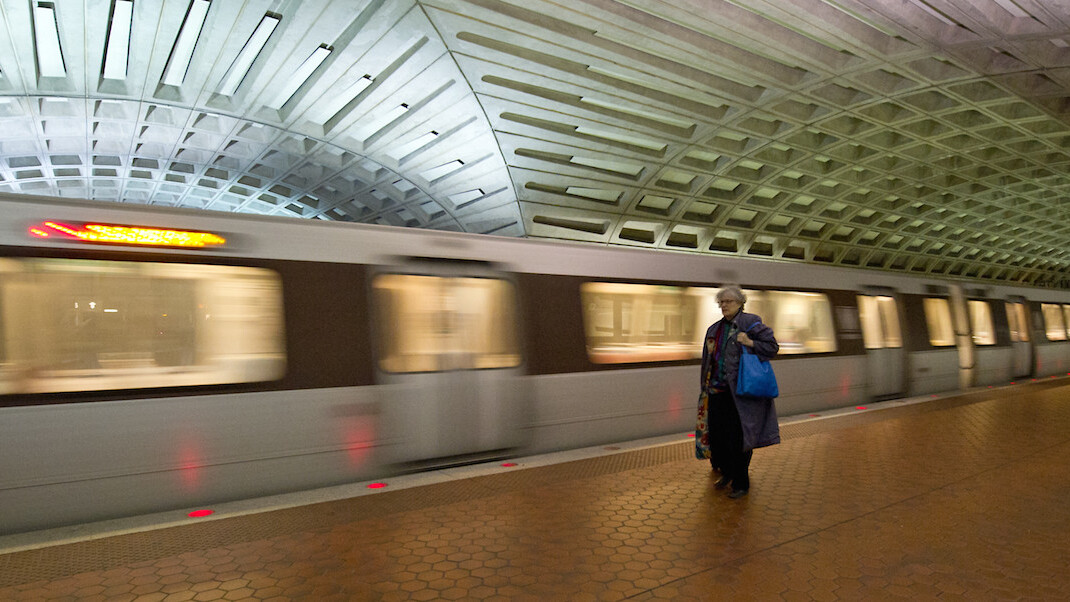
It’s thought that US student debt is more than the rest of the world combined. With $1.2 trillion outstanding, its impact on lifetime earnings – and career choices – can’t be overstated. Who can afford to launch their own startup when Uncle Sam knocks down the door each month?
This dilemma is a catch-22; only the well-off can attend college debt-free, yet the gap between college and high school grads is growing.
In 2012, Abigail Seldin set out to solve this problem. She heard her mother-in-law, the president of a small college in Pennsylvania, discuss how hard it is for families to navigate financial aid. Seldin and husband Whitney Haring-Smith saw potential for disruption, and created College Abacus.
It’s been called the “Kayak of college financial aid” – and Seldin admits that her rise to startup success has been “Pollyanna-ish.” Just two years after launch, College Abacus was acquired by Educational Credit Management Corporation (ECMC) for an undisclosed seven-figure sum.
College Abacus – a cost calculator for families to find out which schools will offer the best financial aid packages before applying – is a public service. Seldin is adamant about keeping it that way – and equally certain that she made the right choice by keeping her work in Washington, DC.
“There is an incredible camaraderie within the DC startup scene that you don’t find in other cities,” Seldin told The Next Web.
“From what I have seen, entrepreneurs discuss their ideas with greater freedom in DC than in other parts of the country and the world. The instinct among folks in the DC startup community is to help each other network and grow, whereas in other cities folks fear that open discussion might result in having their ideas stolen or scooped!”
Seldin abandoned a Rhodes Scholarship at Oxford to launch College Abacus. It’s no accident that her idea was acquired by the ECMC – a guaranty non-profit agency for the US Department of Education. Even back in England, she felt strongly that the DC startup scene was where her work would thrive.
But her resolve was tested at times.
After winning $100,000 from the Gates Foundation’s College Knowledge Challenge, Seldin and Haring-Smith caught the eye of Silicon Valley. They received offers from some of the biggest names in investment – and turned them down to stay in the heart of their industry.
To join the debate on student loan debt, Seldin felt strongly that the DC market was where their business needed to be.
“We did consider moving back to San Francisco, but at a year in [to building College Abacus], we realized that what [we] needed most were partnerships and visibility – not capital,” Seldin explains. “DC offered a clear path to both, so we decided to relocate here in summer 2013.”
The acquisition by ECMC has made Seldin its VP of Innovation & Product Management. She’s also a strong advocate for using DC as the place to launch a startup.
As with incubator 1776, Seldin argues that for startups disrupting regulated industries, there’s no better market than DC (Seldin is a judge for 1776’s 2015 Challenge Cup). The lack of diversity that plagues the Valley is eased in the District, which has the most female-owned businesses of any metropolitan area.
Six out of the top ten richest US counties lie around DC. But the city’s also home to one of the nation’s widest wealth inequality gaps.
All of this, Seldin says, makes DC a city ripe for social innovation. Following the acquisition of College Abacus, she is focused on expanding her team – and spreading the word about what the DC startup scene can offer.
“Before moving to Washington, I had the good fortune of living in some of the most dynamic and innovative cities in the world, including Hong Kong, Singapore, New York and San Francisco,” Seldin says. Although they had their own versions of respected startup scenes, “none exhibited the same commitment to social entrepreneurship and policy-driven innovation that you see here in Washington.”
“We’re a city where entrepreneurs are motivated less by the promise of a splashy IPO and more by the idea of doing something big and meaningful.”
This post is part of Web Summit ’s Global Blogger’s Network, a series of articles on startups in the Washington, D.C. Metro area. The 4th annual Web Summit concludes today in Dublin.
Top image credit: KAREN BLEIER/AFP/GettyImages
Get the TNW newsletter
Get the most important tech news in your inbox each week.





